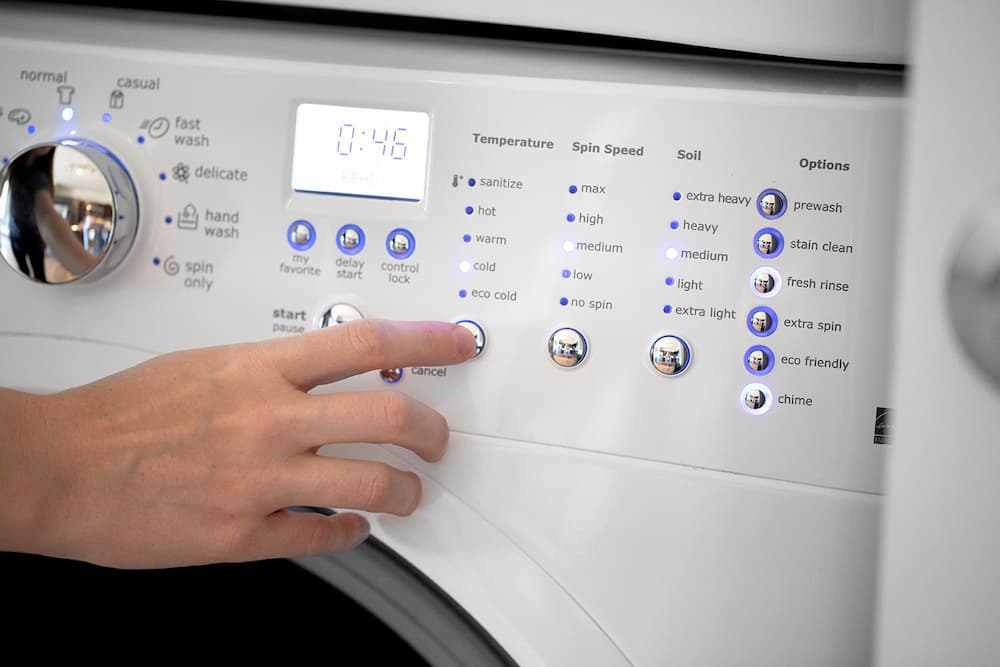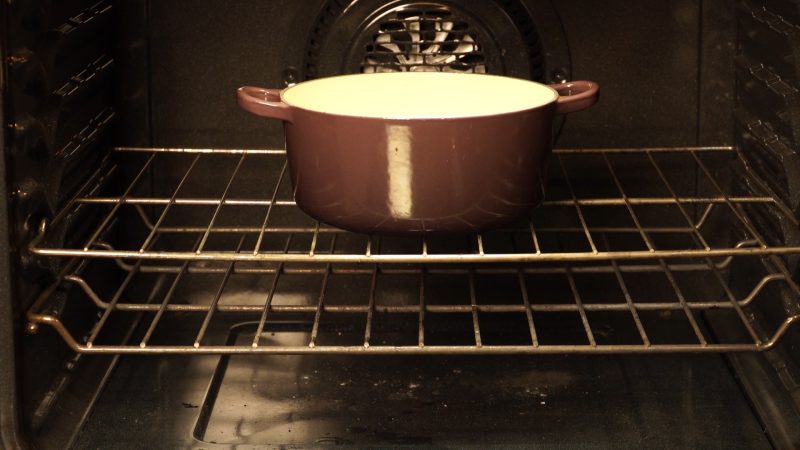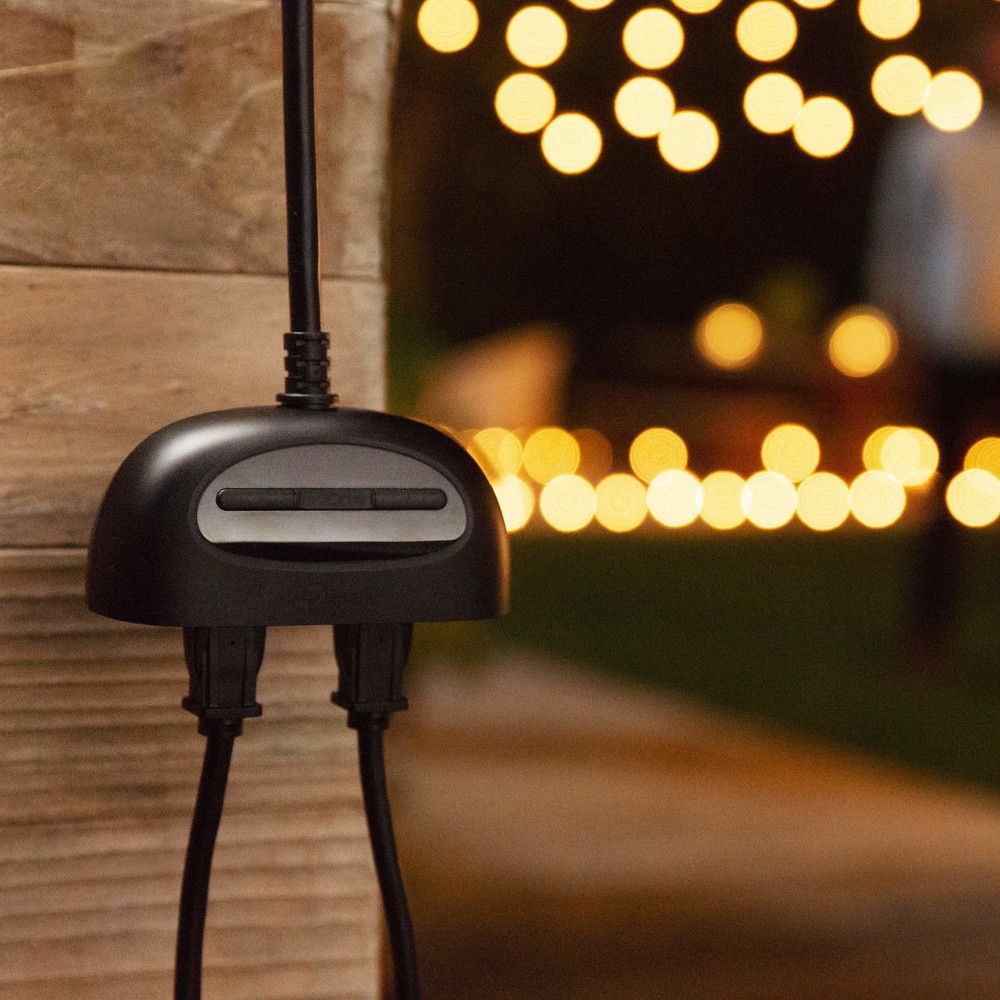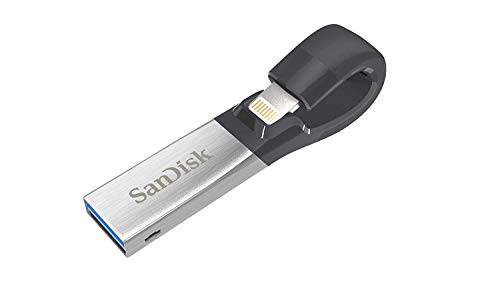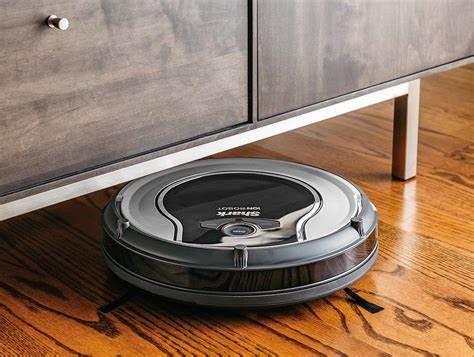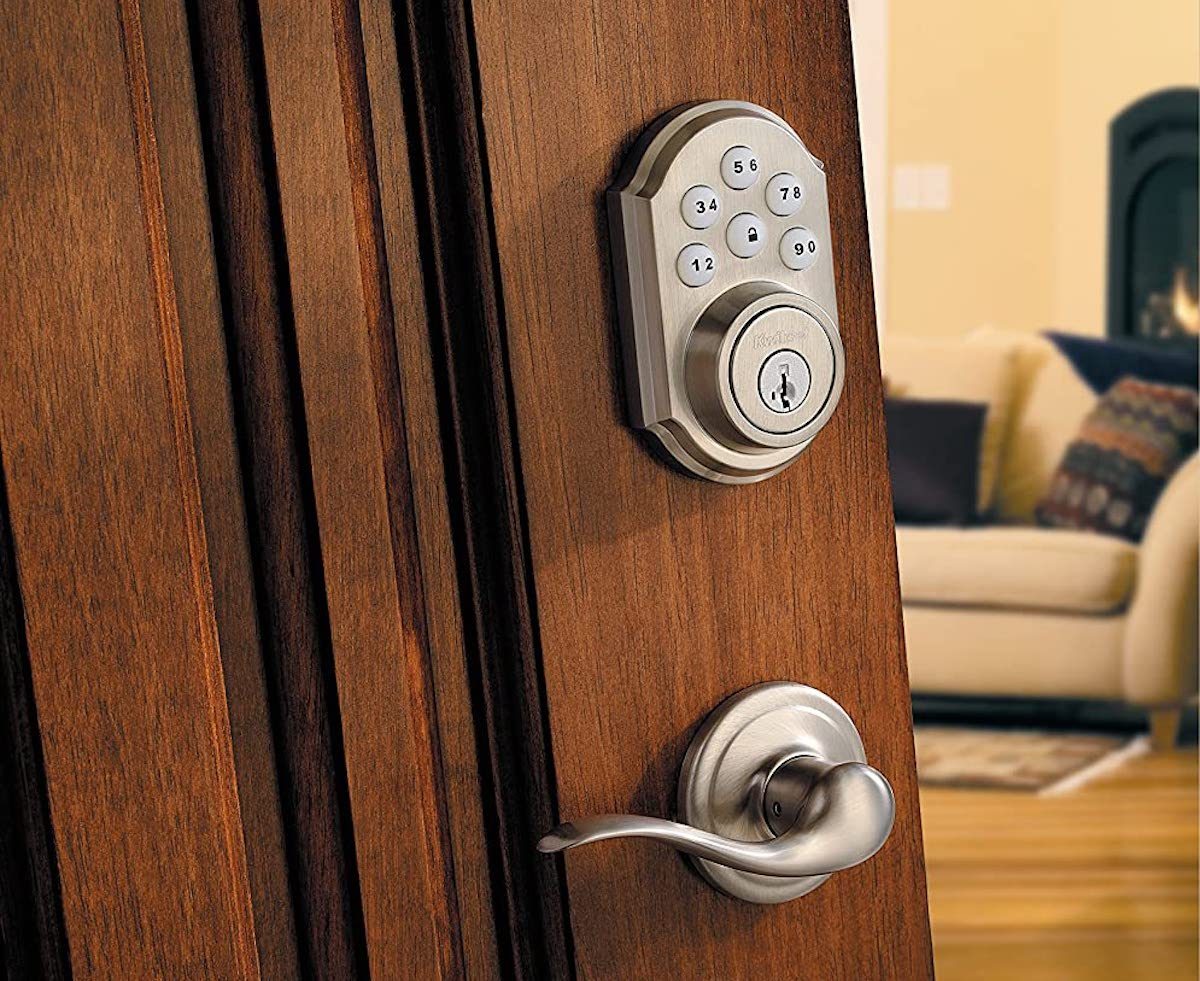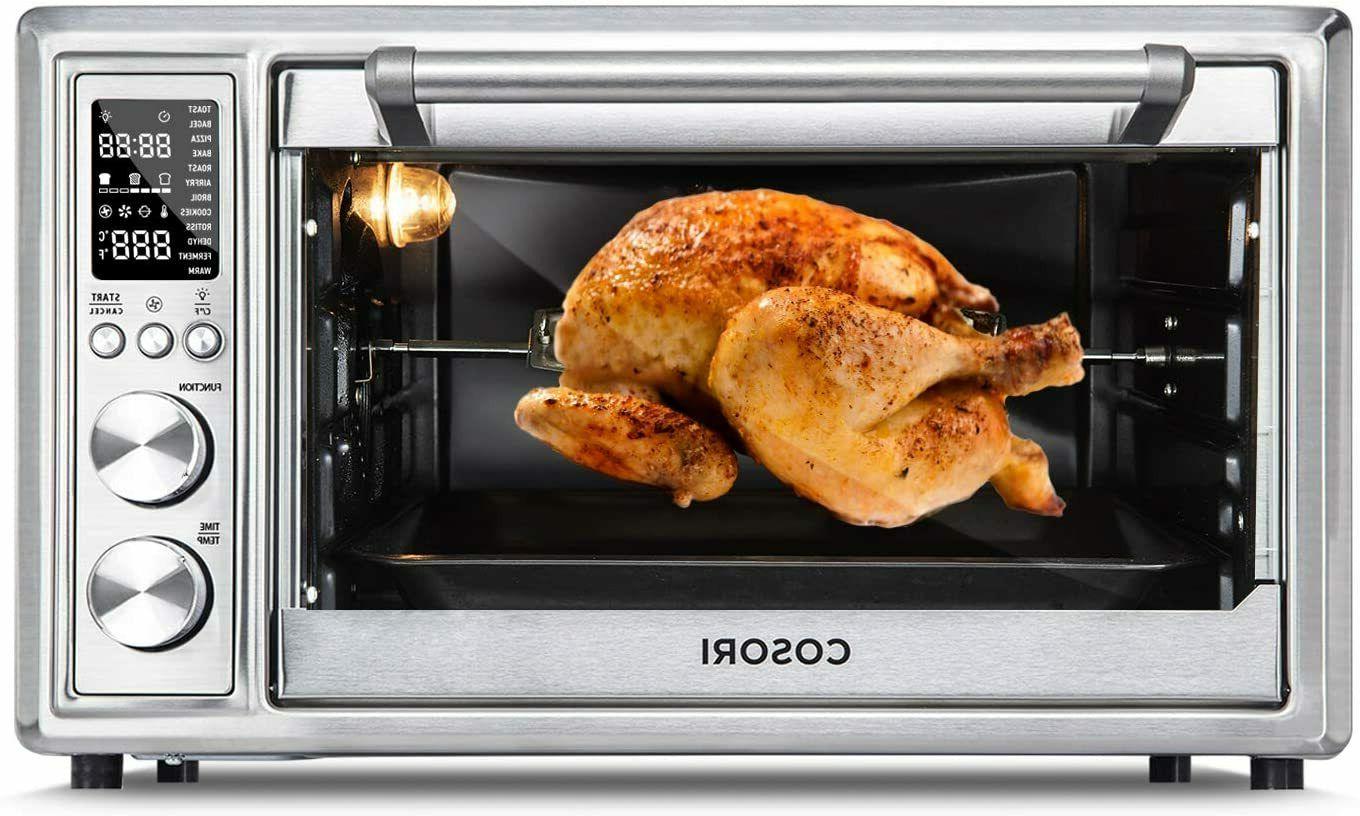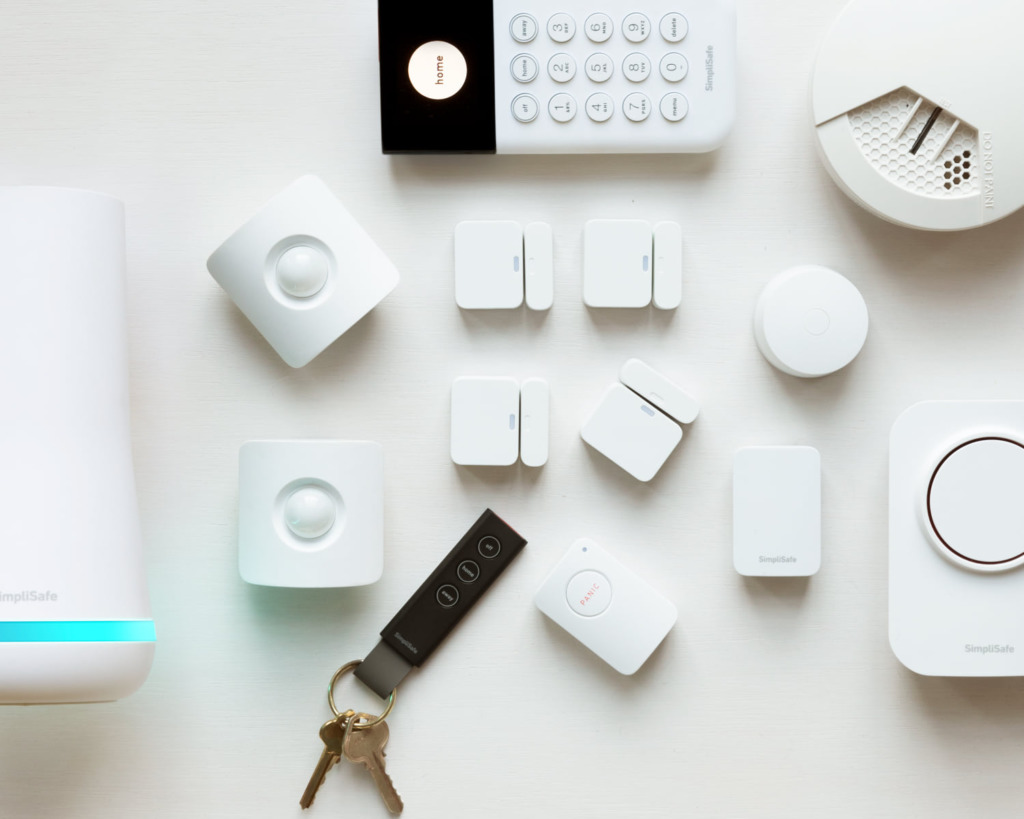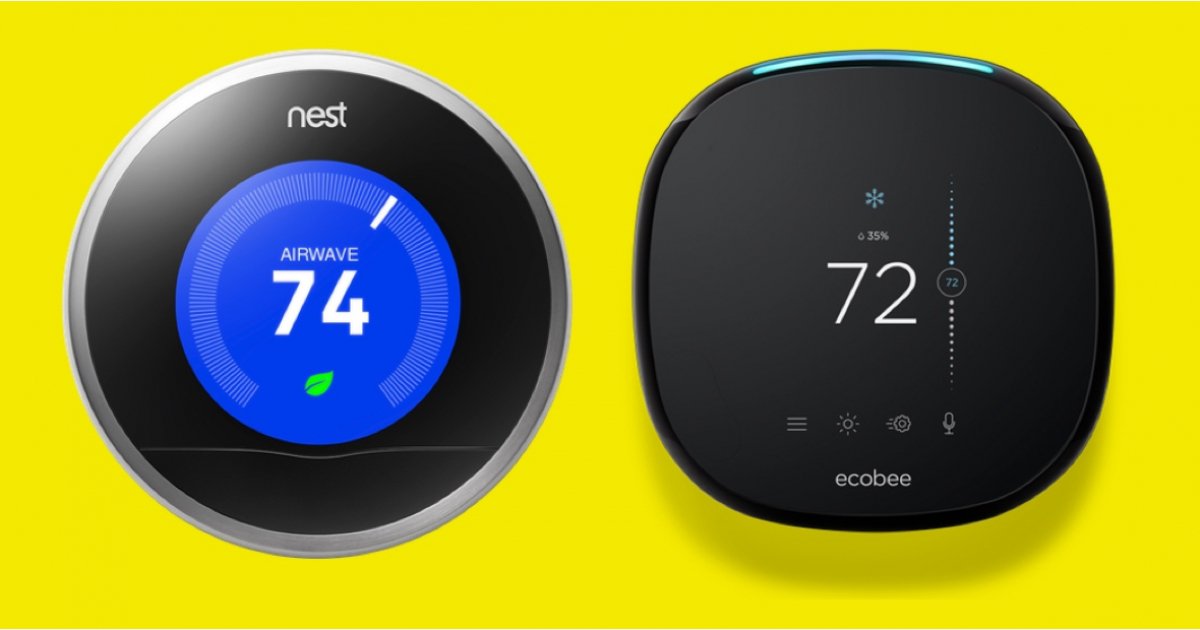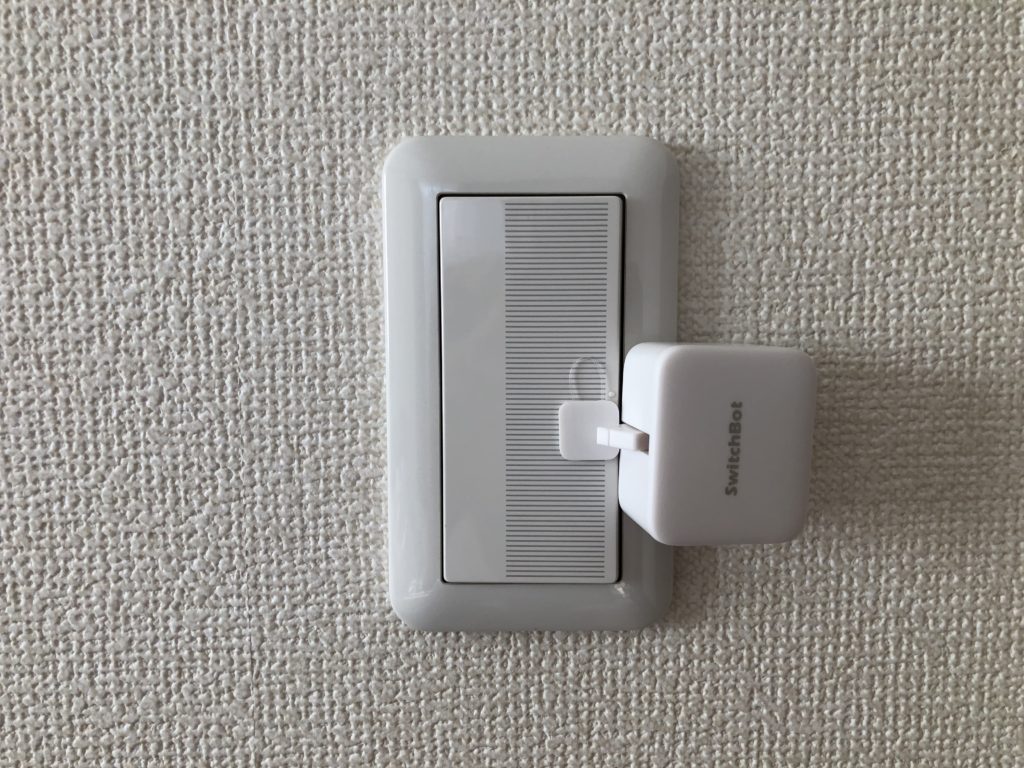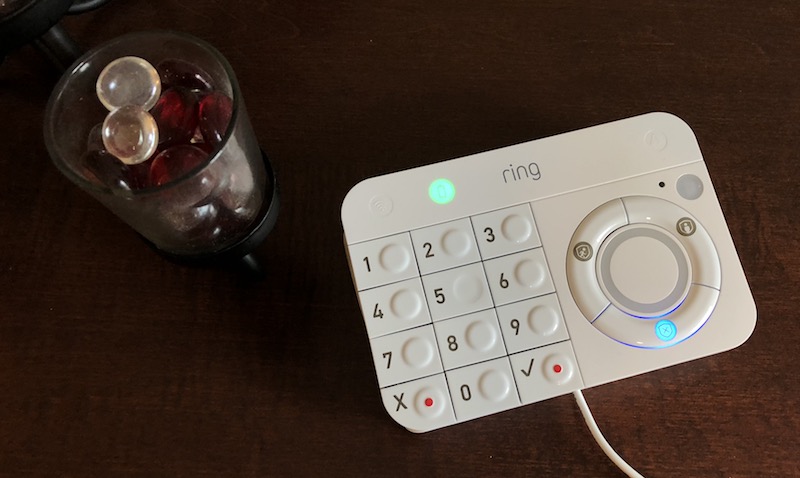A dishwasher is an appliance, and once you have it, you don’t know how you’re going to live without it. If you have problems with your current dishwasher or are in the market for a new one, you might be asking yourself, how long will the dishwasher last? It’s helpful to know the average lifespan of a dishwasher, which is typically 7 to 12 years old and has an average lifespan of 9.5 years. There are several factors that affect the lifespan of a dishwasher, including make, model, maintenance, and frequency of use. In the following sections of this article, you’ll learn how to estimate the lifespan of a particular dishwasher and tips for extending its lifespan.
Table of Contents
Average Life of a Dishwasher
Although the average life span of 10 years is about how long you expect your dishwasher to last, some manufacturers boast that it will last longer. When you need to upgrade your device, the following guidelines may help you:
10 years: Bosch, KitchenAid, Maytag, Thermador, whirlpool, Samsung
More than 10 years: Beko, Blomberg, Electrolux, Frigidaire, Kenmore, LG
20 years: Miele
Related Reading: The Invention of the Dishwasher
Estimating How Long Your Dishwasher Will Last
How do you estimate the life of your dishwasher?
Frequency of use is the most important factor affecting the lifespan of a dishwasher.
The average household runs 5 dishwasher cycles per week. As a rule of thumb, if you run more than 5 dishwasher cycles per week, your dishwasher may need to be replaced in about 7 years. If you have fewer than 5 dishwasher cycles per week, there is a good chance that your dishwasher will last nearly 12 years.
Many other factors can affect the lifespan of a dishwasher, so don’t mistake this rule of thumb for an exact formula.
How to Find the Age of Your Dishwasher
If you don’t remember when you bought your dishwasher, or if you inherited it from a previous homeowner, there are a few easy ways to determine its age. With both methods, you need to locate the model number and serial number. The location of these numbers varies by brand, but for most dishwashers, they’re located somewhere in the interior cockpit. Open the dishwasher door and you’ll find the numbers around the edge, or on the right or left side of the cabin.
Once you’ve found the model and serial number, you can plug them into Google to find out what year your dishwasher was made, or you can use the free service at Appliance411.com. Will Appliance411.com, all you have to do is enter the brand, device type, country, model, and serial number and the tool will show you the age of the device.
Signs That Your Dishwasher Is Dying

Accepting that your dishwasher is about to fail isn’t easy.
Not only does that mean you have to pull out your wallet and pay for a new one, but you also have to deal with the hassle of shopping and coordinating installation.
That being said, knowing when to say goodbye will save you time and money in the long run.
Here’s when to replace your dishwasher.
The door lock is broken. Most dishwashers won’t even work if the door isn’t fully locked. In some cases, a damaged latch can be fixed or replaced, but in other cases, it’s caused by warping, which will require you to replace the entire machine.
The plate is not clean. If your dishwasher isn’t working properly, it may be time to replace it. Improper loading, overloading, and using the wrong soap can cause this problem; however, if none of these are the cause, you may have a more serious mechanical problem on your hands.
It starts to rust or crack. If you see rust on the inside of your dishwasher, it may be time to replace it. Rust can be a sign of leaks or other plumbing/drainage problems. Don’t risk ingesting rust and metal chips.
It didn’t drain completely. If you notice water standing on the bottom of the dishwasher after a cycle, check for clogged filters and food traps. If that doesn’t fix the problem, you may have a more serious problem that requires a plumber and possibly a new dishwasher.
Leaked. Older machines are more prone to leaks as drains and pipes become damaged. If a leak occurs and the cause is not obvious, call a plumber.
Strange noise when operating. Some noise is perfectly normal, but if you hear a loud, unusual noise while the dishwasher is running, it could be a sign that something is stuck or damaged. This article analyzes common dishwasher noises and what they mean.
It’s been 10 or more years old. As your dishwasher gets older, it’s more likely to have the above problems. If you find yourself spending more on service than the dishwasher is worth, it’s time to get a new one.
Expanding the Life Span of a Dishwasher
Here are some tips for getting the most out of your dishwasher and extending its lifespan.
Wear and tear: Avoid using the dishwasher every night. If possible, wait for it to be full before starting the loop. You will save on detergent and rinse aid. Some dishwashers offer extra flexibility with adjustable shelves, making it easier to load more dishes of different shapes and sizes.
Quality: While economic factors often influence the selection process, prioritizing price over quality can be counterproductive. Low-quality appliances may require repair or replacement sooner than expected. This could erode the cost savings you would have hoped for. Having said that, a more expensive machine doesn’t necessarily mean reliability, so it’s best to do your research.
Maintenance: As with any new equipment, make sure to follow the manufacturer’s maintenance instructions. Some manufacturers recommend regular cycles of scrubber cleaning fluid to remove build-up and improve performance. Scrape down dishes before loading and clean filters to prevent clogging of food particles.
Professional service: Hire professional and technical personnel for maintenance. You may need to purchase an extended warranty, which should include regular repairs.
Dishwasher Repair or Replacement
Some repairs may not be cost-effective, depending on the age of the dishwasher and whether there is a maintenance agreement. Also, if you upgrade to a newer model, you might appreciate the added features.
Observations of the following conditions may indicate that your device may need to be replaced:
Humming sound: This may indicate a motor failure.
Improper hot water circulation during wash cycle: Possible drain pump wear.
Dishes that are not clean or are still damp after a drying cycle: This is a sign of a malfunctioning heating element.
Bottom Line
Now that you know your dishwasher can last 7 to 12 years, it’s time to determine the age of your dishwasher and start preparing for when you need a new one.

